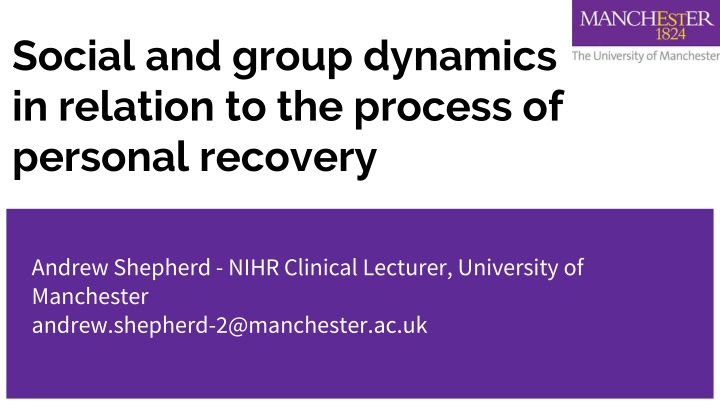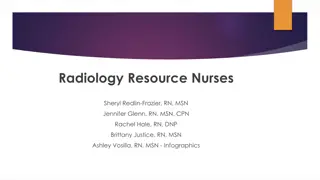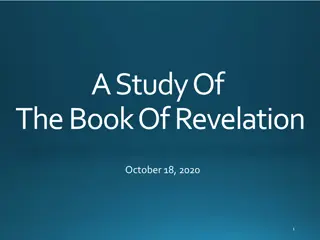
Social and Group Dynamics in Personal Recovery Process by Andrew Shepherd
Explore social and group dynamics impacting personal recovery processes. Andrew Shepherd analyzes the role of psychoanalysis and emergence of symptoms in mental health services, emphasizing the social impact of symptoms on wider networks. Discover translational implications for defining experiences and therapeutic approaches.
Download Presentation

Please find below an Image/Link to download the presentation.
The content on the website is provided AS IS for your information and personal use only. It may not be sold, licensed, or shared on other websites without obtaining consent from the author. If you encounter any issues during the download, it is possible that the publisher has removed the file from their server.
You are allowed to download the files provided on this website for personal or commercial use, subject to the condition that they are used lawfully. All files are the property of their respective owners.
The content on the website is provided AS IS for your information and personal use only. It may not be sold, licensed, or shared on other websites without obtaining consent from the author.
E N D
Presentation Transcript
Social and group dynamics in relation to the process of personal recovery Andrew Shepherd - NIHR Clinical Lecturer, University of Manchester andrew.shepherd-2@manchester.ac.uk
Personal recovery as a shift in thinking Argument The concept of personal recovery represents a significant challenge to mental health services Commonly accepted frameworks e.g CHIME(S) (Leamy, Bird et al. 2011) are essentially social in that they acknowledge the involvement of, or relationship with, the Otherin the work of recovery. Recovery can be construed as a process of identity work - of making sense of what has happened. Group processes are therefore significant factors in considering personal recovery.
Psychoanalysis as framework 1. 2. There is an unconscious aspect to our life Drives are significant (especially life and death drives) Defence represents response to instability, to anxiety Language is significant in its ability to capture and represent experience Recognising role of psychoanalysis does NOT mean believing all NEED psychoanalysis 3. 4. 5.
Emergence of the symptom Symptom (Sx) as symbolic representation of realexperience An expression of phenomenological distress Being symbolic it is moulded by psychosocial (cultural) environment That is, its expression is dependent on its audience Sx expressed by individual but impactingon wider group Host networks (families, but also wider society [c.f forensic practice])
The social impact of the symptom Like ripples in a pond - Sx is reflected, magnified, diminished, through its exposure to others. The Sx impacts on others - we need to recognise this impact in considering process of recovery It impacts within: Family -work of carers, friends, family Service networks Wider society
Translational implications 1. Defining experience Sx rating scales tend to be focussed on personal experience - we need measures that capture a group process Patient Reported Outcome Measures (PROMs) may naturally reflect this Embedded qualitative investigation within studies essential 2. Therapeutic Approach Therapies need to acknowledge significance of group processes e.g. Open Dialogue (Seikkula et al) - concept of the network which is incorporated into treatment 3. Group implications Need to recognise, to greater extent, impact on carers and wider social networks Need to recognise impact on people providing therapeutic support -need for robust supervision
Discussion andrew.shepherd- 2@manchester.ac.uk






















